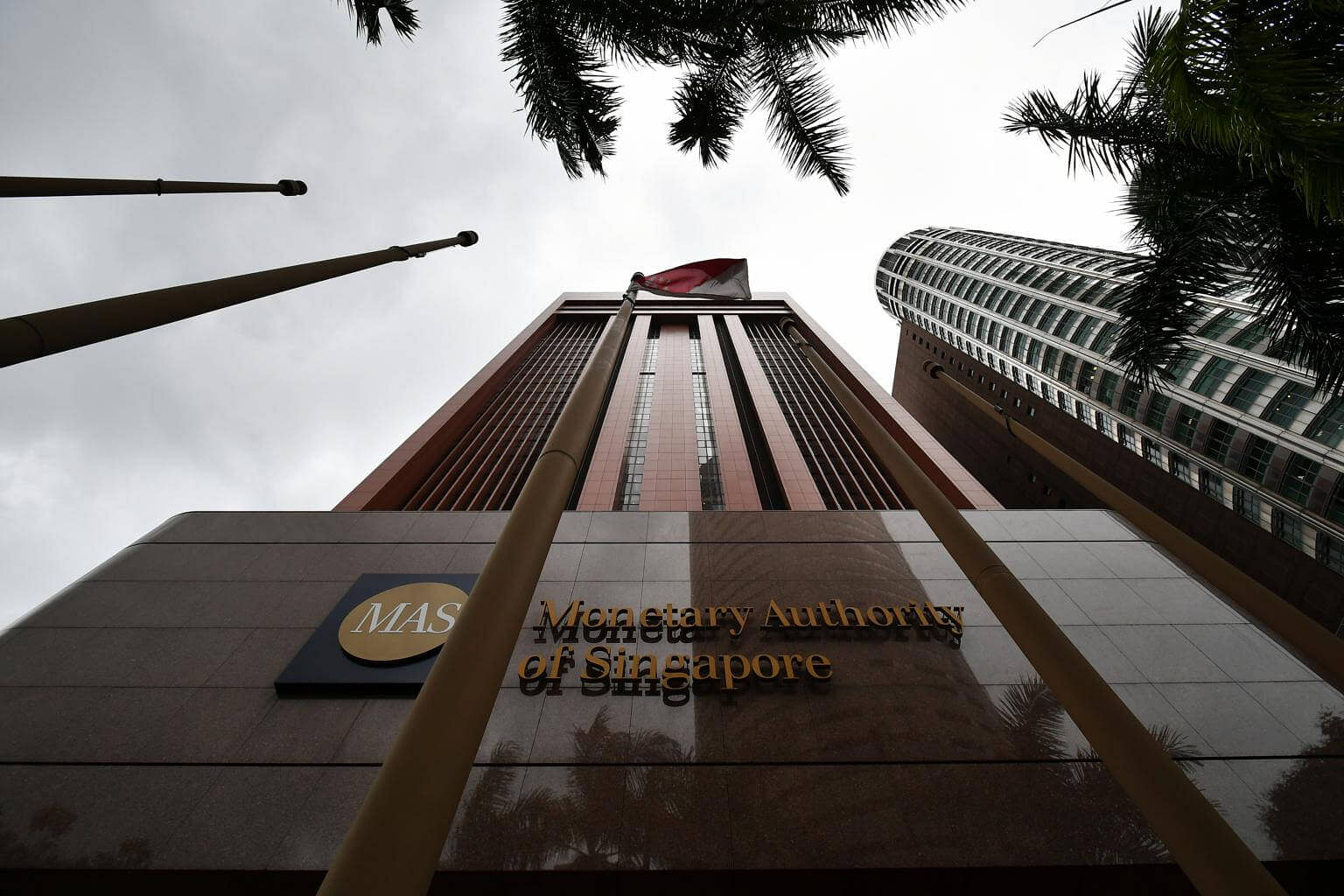MAS partners IFC to spur green bond market in Asia
Sign up now: Get ST's newsletters delivered to your inbox

The Monetary Authority of Singapore and IFC are partnering to encourage green bond issuances by financial institutions in Asia.
ST PHOTO: LIM YAOHUI
Jamie Lee
Follow topic:
SINGAPORE - The Monetary Authority of Singapore (MAS) and IFC, a member of the World Bank Group, are teaming up to boost the growth of the green bond market in Asia.
In a memorandum of understanding signed on Thursday (June 7), the two agencies said that would encourage green bond issuances by financial institutions in Asia by raising awareness and knowledge of finance professionals on green finance issues. They also plan to promote the use of internationally recognised green bond standards and frameworks.
The signing of the agreement took place on the sidelines of the IFC - Environmental Finance Green Bonds Asia Conference in Singapore.
"Addressing climate change will require innovative, high-impact financial solutions that mobilise the private sector," said Vivek Pathak, IFC's director for East Asia and the Pacific in a media statement.
"Through this collaboration with MAS, we hope to strengthen financial institutions' awareness of green bond issuances and help build capacity for decision-makers and banks. We believe Singapore, as the rising financial hub of Asia, is well placed to catalyse the funding of low-carbon investment and financing in the region and be at the forefront of this growing asset class."
Mr Ng Yao Loong, assistant managing director for the development and international group at MAS, said that green bonds are gaining traction in Asia, with the region now contributing about a quarter of global green bond issuances annually. The MAS has been providing funding support through the MAS Green Bond Grant Scheme and various financial training schemes.
In a speech at the event, Mr Ng said that there is still significant potential for private capital to play a significantly larger role to meet Asean's green investment needs. He noted that if the share of private financing in Asean is assumed to increase from the current 25 per cent level to more than 50 per cent of total green financing needs, the supply of private green finance has to scale up by over 10 times from today's level. It is estimated that Asean will need US$200 billion in green investment annually from 2016 to 2030, he also said.
"Financial institutions have a key role in intermediating capital flows," said Mr Ng.
"When sustainability considerations are included in how financial institutions lend, underwrite and invest, they will have a major influence on how financial capital is allocated to the economic activities with environmental benefits."

